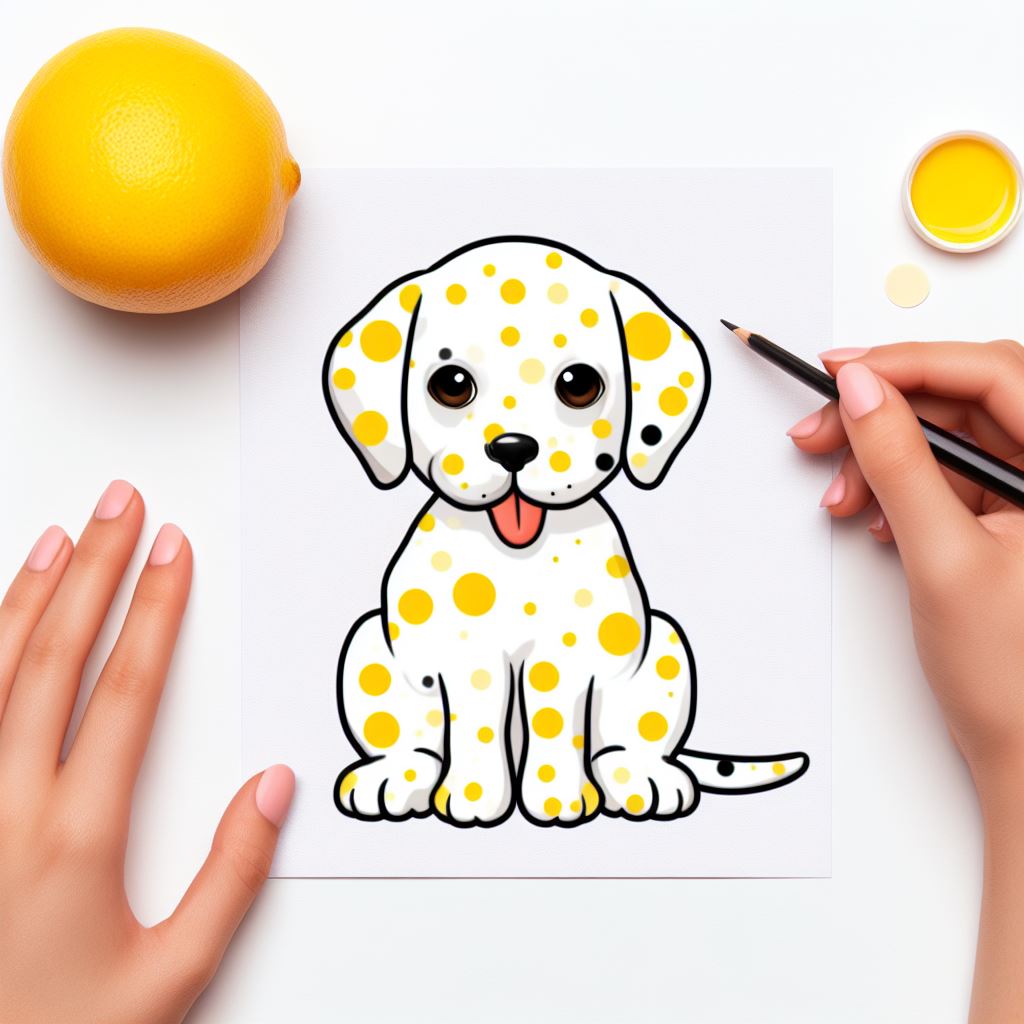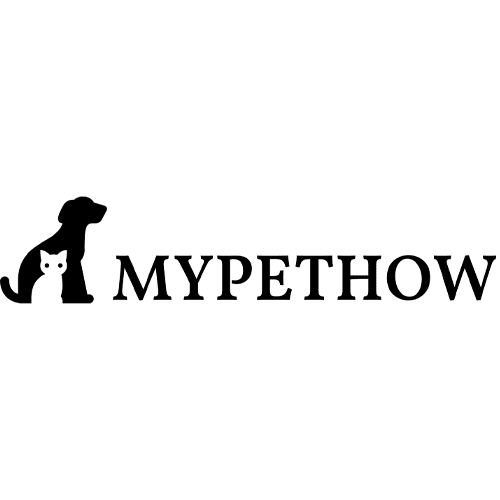Lemon Dalmatian puppies are a rare and beautiful variation of the popular Dalmatian dog breed, characterized by their unique lemon-colored spots. In this article, we will explore everything there is to know about these delightful pups, from their history and genetics to care requirements and where to find reputable breeders. Whether you’re considering adding a lemon Dalmatian to your family or are simply a dog lover, this guide is worth reading!
What is a Lemon Dalmatian Puppy?
A lemon Dalmatian puppy is a variation of the well-known Dalmatian dog breed, characterized by its unique lemon-colored spots on a white coat instead of the traditional black or liver spots. While they are a rare variation, lemon Dalmatians are recognized by the American Kennel Club (AKC) and other official breed organizations.
How Do Lemon Dalmatians Differ from Standard Dalmatians?
The primary difference between lemon Dalmatians and their standard counterparts is the color of their spots. Lemon Dalmatians possess a recessive gene that causes their spots to be a soft yellow hue, rather than black or liver-colored. This gene is relatively rare, which is why lemon Dalmatians are not as common as their black-spotted counterparts. Apart from the color of their spots, lemon Dalmatians share the same breed characteristics and temperament as standard Dalmatians.
What is the History of the Dalmatian Breed?
The Dalmatian breed is believed to have originated in the region of Dalmatia, which is now part of modern-day Croatia. These dogs were historically used as hunting dogs, coach dogs, and even as guard dogs to protect the stables at night. In more recent history, Dalmatians have become popular as firehouse dogs and as family pets, thanks in part to the popularity of the Disney movie “101 Dalmatians.”

What Causes the Unique Lemon Color in Dalmatians?
The lemon color in Dalmatians is caused by a recessive gene that affects the pigmentation of their spots. In order for a Dalmatian puppy to be born with lemon spots, both of its parents must carry the recessive gene responsible for this trait. The gene is denoted by the letter “e,” and when a puppy inherits two copies of this gene (one from each parent), it will have lemon-colored spots.
What Do Lemon Dalmatian Puppies Look Like?
Lemon Dalmatian puppies have a short, white coat with small, round, lemon-colored spots scattered across their body. The spots may be more concentrated on the body than on the head and may vary in size. As the puppies grow, the lemon spots become more pronounced and defined. It’s important to note that Dalmatian puppies are born with plain white coats, and their spots start to appear around 3 to 4 weeks of age.
How to Care for Your Lemon Dalmatian Puppy
Caring for a lemon Dalmatian puppy involves meeting their physical, mental, and social needs. Dalmatians have a high energy level and require daily exercise, which can include walks, runs, or playtime in a fenced yard. Mental stimulation is also essential for this intelligent breed, so be sure to engage them with training, puzzles, and interactive toys.
Grooming requirements for lemon Dalmatians are relatively low, as their short coat needs only regular brushing to remove loose hair and keep it shiny. Additionally, regular dental care, nail trimming, and ear cleaning are essential to maintain your pup’s overall health.

Are There Any Health Concerns Specific to Lemon Dalmatians?
Lemon Dalmatians share many of the same health concerns as standard Dalmatians, including deafness, allergies, and urinary issues. Deafness is prevalent in the breed, and it’s essential to have your lemon Dalmatian puppy undergo BAER (Brainstem Auditory Evoked Response) testing to ensure they have proper hearing.
Urinary issues can be a concern inDalmatians due to their unique urinary system, which predisposes them to the formation of kidney stones and urinary stones. To help prevent these issues, feed your lemon Dalmatian a balanced diet with appropriate levels of protein and avoid feeding raw meat, which can contribute to stone formation.
Frequently Asked Questions
Are lemon Dalmatians rare?
Yes, lemon Dalmatians are relatively rare compared to their black-spotted counterparts due to the recessive gene responsible for their lemon-colored spots.
Do lemon Dalmatians have any temperament differences from standard Dalmatians?
No, lemon Dalmatians share the same temperament and personality traits as standard Dalmatians. They are energetic, intelligent, and affectionate dogs.
Can lemon Dalmatians participate in dog shows?
Yes, lemon Dalmatians can participate in dog shows, as they are recognized by major kennel clubs, including the AKC and FCI. However, they may be judged against the breed standard, which typically favors black or liver-spotted Dalmatians.
Where Can I Find Lemon Dalmatian Puppies for Sale?
If you’re interested in finding lemon Dalmatian puppies for sale, it’s essential to work with a reputable breeder who prioritizes the health and well-being of their dogs. Responsible breeders will perform necessary health tests, such as BAER testing for deafness, and will be able to provide information on the puppy’s pedigree and genetic background.
You can search for reputable breeders through the AKC’s breeder referral program or by contacting local breed clubs for recommendations. Avoid purchasing puppies from pet stores or puppy mills, as these sources often prioritize profit over the welfare of the animals.
Is a Lemon Dalmatian the Right Dog for You?
Before adopting a lemon Dalmatian puppy, consider the following factors to ensure this breed is the right fit for your lifestyle:
High energy level: Dalmatians require daily exercise to stay healthy and happy.
Grooming requirements: Their short coat requires regular brushing, along with routine ear cleaning, dental care, and nail trimming.
Health concerns: Be aware of potential health issues, such as deafness and urinary problems, and be prepared to address them with proper care and veterinary support.
Training and socialization: Dalmatians are intelligent and can be easily trained, but they also require consistent socialization to develop a well-rounded temperament.











































